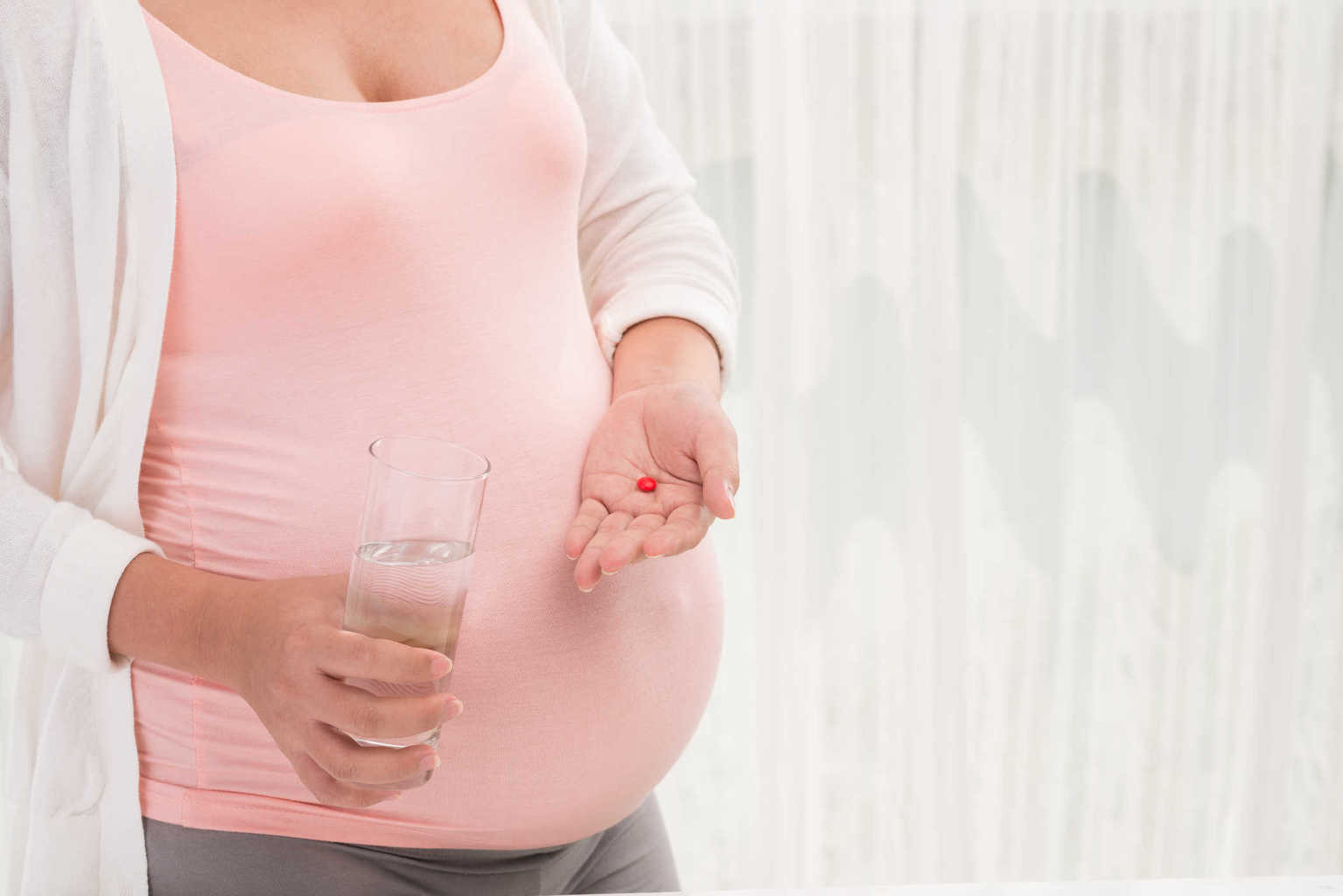Contents:
- Medical Video: Congenital Heart Disease and Pregnancy | Cincinnati Children's
- Influence on your baby
- Self care
- Labor and birth
Medical Video: Congenital Heart Disease and Pregnancy | Cincinnati Children's
About 8 out of 1000 (0.8%) babies are born with heart abnormalities — that is, there is something wrong with their heart (also called congenital heart disease or congenital heart abnormalities). About 85% of babies born with heart disorders survive to adulthood and may have children.
If you are born with a heart abnormality and have undergone surgery successfully to fix it, it does not mean you are fully cured. You might have scar tissue in the heart, which might make you more susceptible to susceptibility or irregular heartbeat. Pregnancy burdens the heart, and this can provide problems.
Some women whose congenital heart disease is treated when babies or children do not realize that regular checkups are still important, and may not have visited a cardiologist for a heart check for years. Pregnancy adds pressure to the heart, so if you have congenital heart disease, ask for a referral to a cardiologist who is experienced in treating pregnant women with this condition. Do this before you become pregnant, or as soon as you know that you are pregnant.
You will be referred to the maternity unit at the hospital to get a treatment team, and you may be able to go to a clinic for pregnant women especially if you are in your area. Ask the general practitioner for details. A congenital cardiologist will assess you and plan your treatment.
It is difficult to predict the effects of congenital heart disease in pregnancy because each case is different, but the risk of serious complications in women with congenital heart disease consists of 3 types:
- Low risk - risk less than 1 in 100 (most common risk level)
- Moderate risk - risk 1 in 100 to 1 in 10
- High risk - risk of more than 1 in 10
The only way to estimate the risk and determine complications during pregnancy, if any, is to get a thorough assessment of the specialist. It is important to know what problems will arise. Depending on the type of congenital heart disease you experience, you may suffer from fluid buildup in your lungs, heart failure or arrhythmias (irregular and / or fast heartbeat).
Influence on your baby
Congenital heart disease can also affect the baby. Babies may be smaller if the mother's heart is not as efficient as it should be, and distribute less oxygen and nutrients to the developing fetus and baby. Babies may be born prematurely. You will be offered a general scan from 26-28 weeks of pregnancy, to ensure that your baby grows normally and stays healthy.
Depending on the type of congenital heart disease you experience, there is a chance that your baby is able to inherit the condition. You must know as much as you can about your condition, so that the baby can get special care if necessary at birth. Many abnormalities can be detected during pregnancy, but not all of them. Special treatment for pregnancy and baby will be discussed with you, and your pediatrician's heart specialist will advise you on the options available once the baby is born.
Self care
The treatment you receive will depend entirely on the condition you are experiencing, and the cardiologist will provide a customized antenatal care plan. This might mean that you have to change the medication you are taking. For example, ACE inhibitors are not recommended during pregnancy. During pregnancy, follow the advice of a specialist about handling your condition. Mild exercise, such as swimming and walking, is usually good for keeping you fit, but always talk to your midwife or doctor before starting any new sport.
Labor and birth
Because of the risk of complications, the National Institute for Excellence in Health and Care (NICE) suggests that women with heart disease should give birth at the hospital, supported by a delivery team. Depending on the type and severity of heart disease, induction may not be recommended because prostaglandin drugs that assist labor may stimulate the uterus excessively, and drugs to restore it should not be given to mothers with congenital heart disease. It's better to wait for spontaneous labor (labor that starts naturally), if the baby does not have to be born early because you are sick or the baby is not growing normally.
Mothers with congenital heart disease do not need to undergo Caesarean section. However, you may be advised to give birth without pain, which means you have to be sedated locally at the backbone, and your doctor may use a forcep or ventouse to help you during labor, because it prevents the tension in pushing the baby out.












